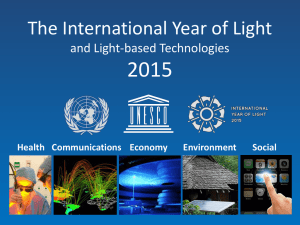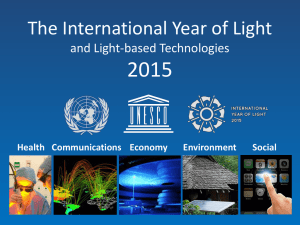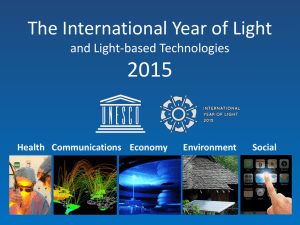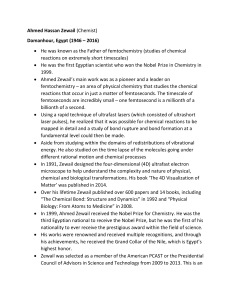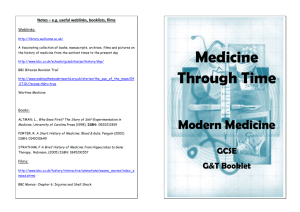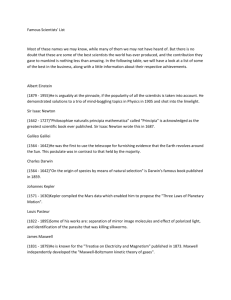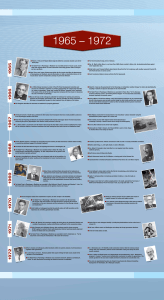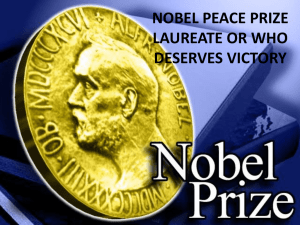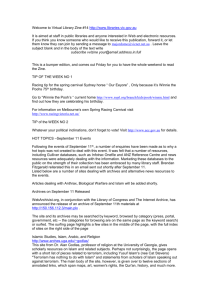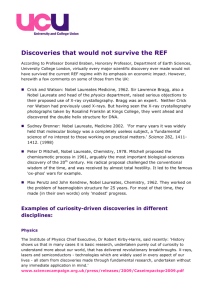Short presentation - International Year of Light
advertisement
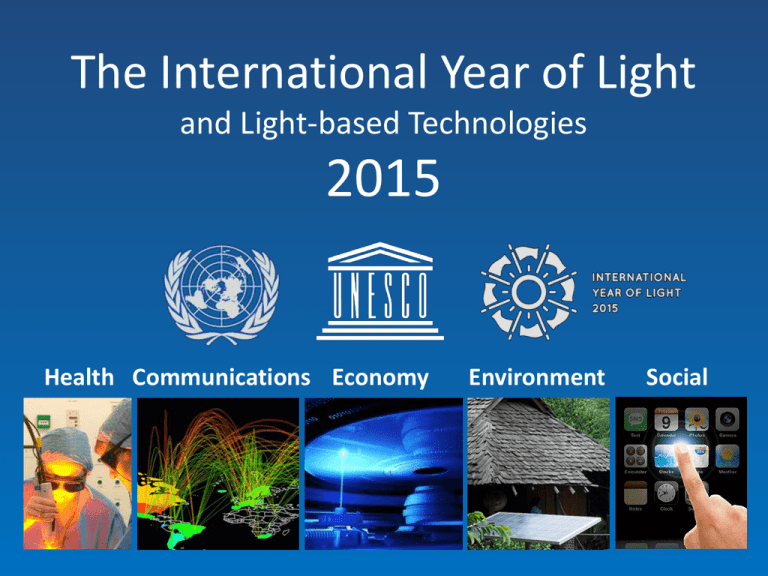
The International Year of Light and Light-based Technologies 2015 Health Communications Economy Environment Social Declared on 20 Dec 2013 President of the 68th Session of the UN General Assembly formally adopts the resolution for the IYL 2015 “Let there be a Year of Light” Argentina, Australia, Azerbaijan, Bosnia and Herzegovina, Chile, China, Colombia, Cuba, Dominican Republic, Ecuador, France, Ghana, Guinea, Haiti, Honduras, Israel, Italy, Japan, Mauritius, Mexico, Montenegro, Morocco, Nepal, New Zealand, Nicaragua, Palau, Republic of Korea, Russian Federation, Somalia, Spain, Sri Lanka, Tunisia, Turkey, Ukraine and United States of America What the UN wants To promote light technologies for improved quality of life in developed and developing world To reduce light pollution and energy waste To promote women’s empowerment in science To promote education amongst young people To promote sustainable development Focus on development Internet use by population 75% in Europe 16% in Africa Study after sunset is not possible in many developing countries Endorsement “Light gives us life through photosynthesis, lets us see back in time towards that cosmic big bang, and helps us communicate with the other sentient beings here on Earth. The optics and photonics technologies developed for space exploration have rendered many valuable spin-off applications in everyday life.” John Maher (Nobel Prize 2006) Civilization would not exist without light; light from our Sun and light from the focused and coherent lasers which now have become an important part of our daily lives. The International Year of Light will surely raise awareness of these powerful discoveries and their present wide-ranging, light-based technologies which are significant contributors to the world market. As importantly, the International Year of Light will inspire future discoveries and applications for one of the most important element of our existence: light. Ahmed Zewail (Nobel Prize 1999) Science partnership This is like nothing we have ever done before In 2009, the International Year of Astronomy reached 815 million people in 148 nations The International Year of Light and Light-based Technologies 2015 We will only get one chance
